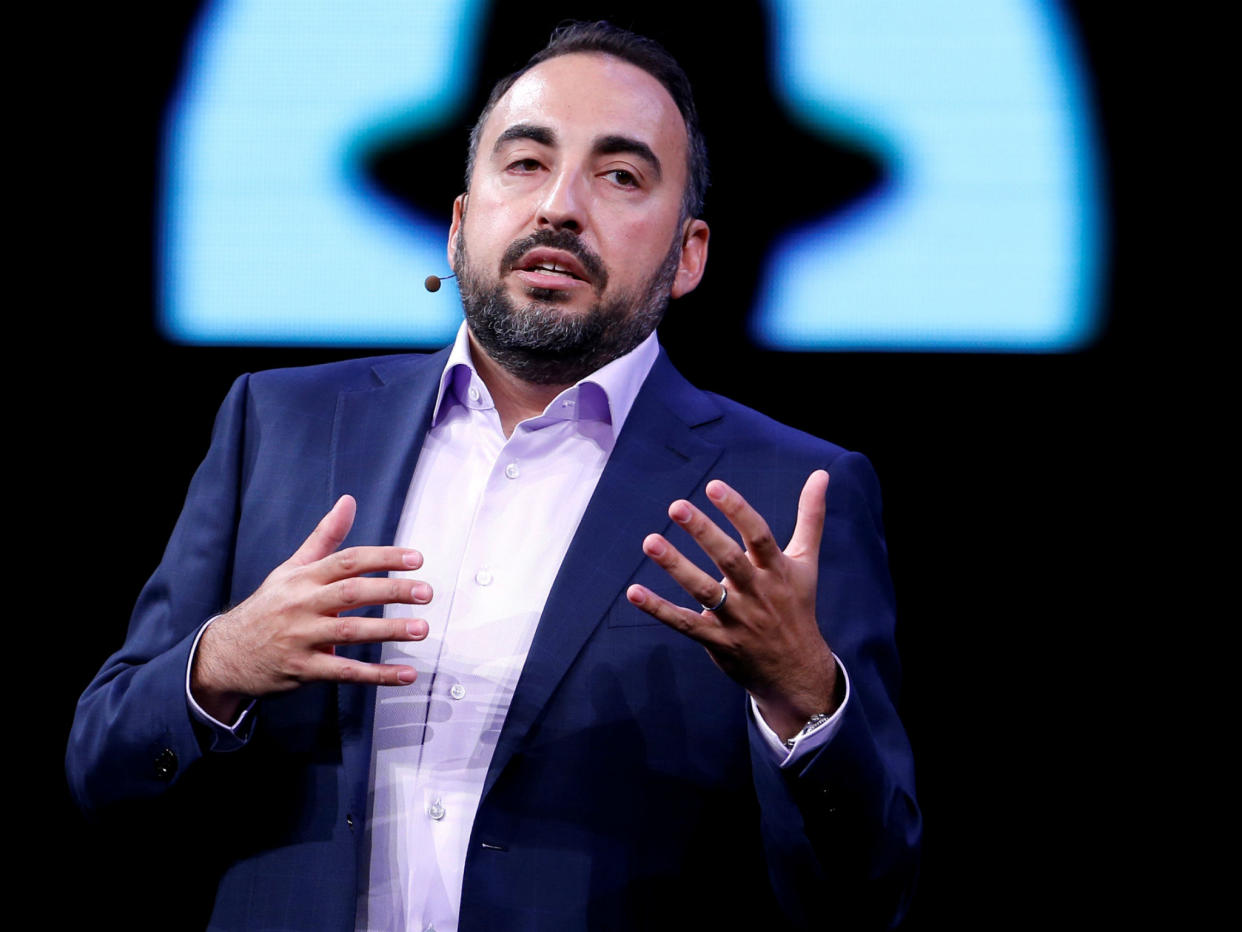Facebook’s chief security officer 'to leave in row over handling of Russian disinformation campaign'

Facebook’s chief security officer reportedly plans to leave the company amid disagreements over how the company handles misinformation.
Alex Stamos’ impending departure, reported by the New York Times, would add to a tumultuous year for the technology giant as it grapples with revelations that Russian-linked actors sought to influence the 2016 presidential election with paid advertising and divisive posts.
Mr Stamos was said to be planning to leave in part because of discord over how the company should respond to Russian activity, according to the Times.
A Facebook spokesperson did not directly respond to a question about Mr Stamos' future plans, saying he “continues to be the Chief Security Officer” and pointing the Independent to a tweet in which Mr Stamos said he remained “fully engaged” with his work at Facebook.
“It's true that my role did change. I'm currently spending more time exploring emerging security risks and working on election security”, he said.
In a series of tweets over the weekend, Mr Stamos pledged his commitment to “stopping authoritarians who use the internet as a weapon” while pushing back against criticism of how Facebook handled Russian incursions.
“Ads were a minor part of the Russian playbook, used to cut the corner on audience building. Organic content that people *wanted* to see and *wanted* to share created the vast majority of impressions”, he wrote.
Facebook officials have disclosed that about 126 million Americans may have seen Russian-linked posts during the 2016 election campaign, with the reach of that content boosted by paid advertisements.
Examples of Russian-linked content shared with Congress took various sides of controversial social issues.
American intelligence officials believe the Kremlin directed a campaign to influence the election that enlisted social media and ultimately sought to buoy Donald Trump.
An indictment released last month as part of Special Counsel Robert Mueller’s investigation into Russian election meddling bolstered that contention, alleging employees of Russia’s Internet Research Agency frequently used Facebook as part of its “information warfare” operations.
Confronting a public outcry over Russian meddling, Facebook has pledged to release more information about paid political content, rolled out tools to combat misleading content and introduced a way for users to see if they interacted with Russian-generated content.

 Yahoo News
Yahoo News 
